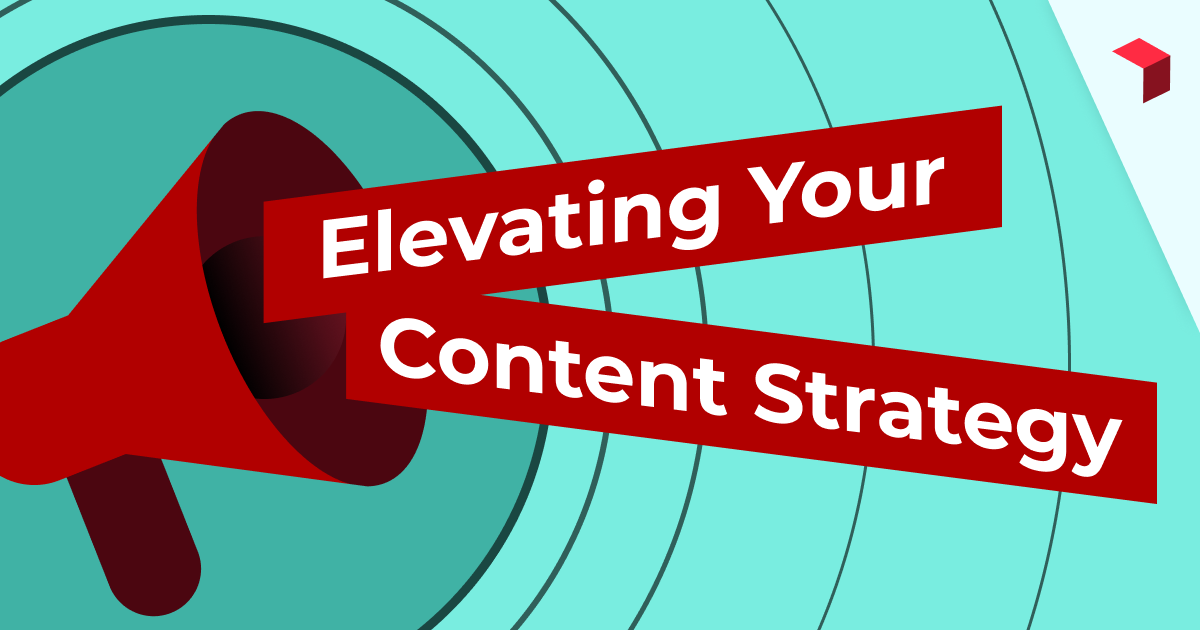The content audit is the second step in getting your content organized. It should be done after your content inventory and before you start writing anything new for your website.
While a content audit isn’t organization in the traditional sense of the word, as part of our content strategy at iFactory, we still include the audit in our organization process. This is because, similar to the content inventory, the audit is another key element that gives you a baseline of what you have. Think of them as getting a baseline of your content from a quantitative perspective (inventory) and a qualitative one (audit).
While the inventory tells you what you have on a page-by-page level, when you develop a content audit strategy for your higher ed site, you’ll be able to dive into the quality of your content. What are you saying? Is it easy to follow? What is the feeling users get when they land on any given page?
Conducting a quality assessment of your web content can be a bit uncomfortable at first. It can be a challenge to assess and critique your own team’s work. However, it’s important to remember that taking a fair look at your content can lead to improved writing and the development of a more impactful website in the long run.
Why is a Content Audit Strategy Important for Higher Ed Websites?
When it comes to leveraging content to reinforce institutional identity and brand, a lack of coordination works against clear and compelling communication.
Teresa Flannery, How to Market a University
Taking a coordinated approach to your content will allow you to craft compelling messages that inspire your audience—prospective students, parents, potential partners, etc.—to take action on your website. Does your content achieve this goal?
Now’s the time to find out. Taking the time to review the content you already have will not only help you understand how your content currently lines up—it will also help you identify where you can improve.
Perhaps you’ve done some brand work since your content was last written, or it just needs to be more audience-centric. This is a great chance for you to get your baseline.
Performing the Audit
- Assess the quality of your current content
- Determine what is missing from that content
- Establish criteria for future content
- Understand how your content compares to your competitors’
Not every page of your website will be used in the audit. Your auditor will identify key landing and support pages to use. This way, not only will you receive specific feedback on important pages, but you’ll also have a good sampling of the types of content on your website.
From there, they’ll systematically evaluate the content based on set criteria, such as tone and voice, reading level, structure, and brand strength. Your auditor should provide you with content strengths and weaknesses, as well as actionable recommendations your team can take as they create their content strategy.
Auditing Higher Ed Web Content with iFactory
In the realm of higher ed website migration, effective content organization is key. The baselines that are provided through your content inventory and audit will prove vital as you look forward to where you want to go.
Review your inventory and audit closely with your team. From there, you’ll be able to create a clear content strategy. This includes deciding on what content stays and what goes, and developing a standard for how your content should be crafted in the future.
At iFactory, we understand what an undertaking content organization is. Our team has experience in this area and can help with the content audit strategy for your higher education website, or any aspect of your content strategy. Whether you need help getting started or along the way, feel free to contact us anytime.

